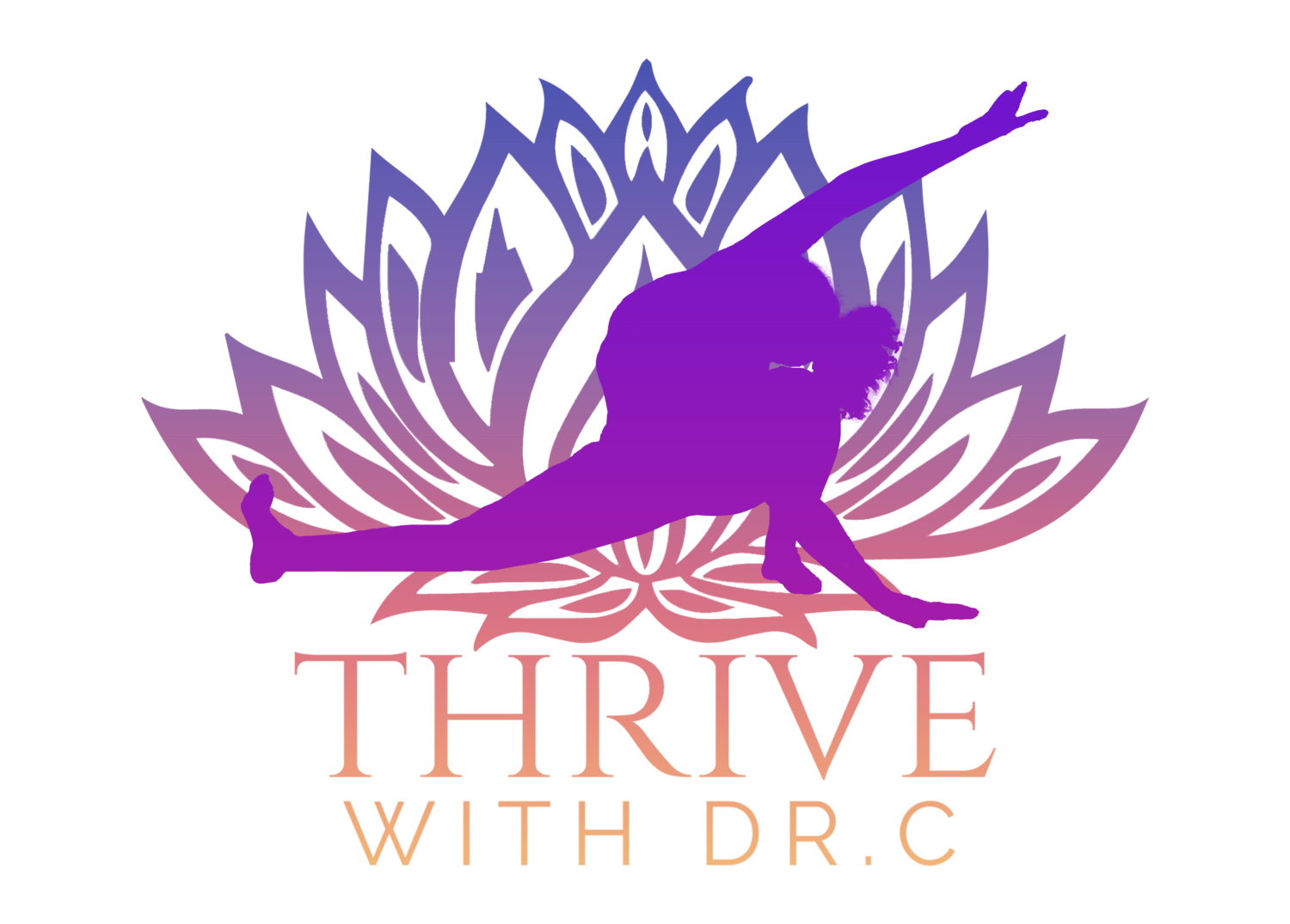Nutrition Myth Busters
Navigating the world of nutrition can be challenging with the plethora of conflicting advice available. To help you make informed decisions about your diet, we’re busting 10 common nutrition myths that might be affecting your choices. Let’s dive in and clear up these misconceptions to support your journey toward healthier eating!
Myth #1: Carbs Are Bad
Carbohydrates are often misunderstood and unfairly vilified. They are a primary energy source for your body, particularly for your brain and muscles. Rather than avoiding carbs, focus on incorporating whole grains, fruits, and vegetables into your diet. These provide essential nutrients and fiber. Swap out refined carbs like white bread for nutrient-dense options like quinoa or brown rice to boost your health.
Myth #2: Fat Causes Weight Gain
The belief that all fats lead to weight gain is a crazy talk. Healthy fats, found in nuts, seeds, avocados, and olive oil, are beneficial for heart health and can actually assist in weight management by keeping you full and satisfied. These fats also help your body absorb vital vitamins. For a healthier alternative, use avocado instead of mayonnaise in your recipes.
Myth #3: Detox Diets Cleanse Your Body
Detox diets promise to cleanse your body, but in reality, your liver, kidneys, and digestive system are already equipped to handle detoxification naturally. Instead of restrictive detox plans, support your body’s natural detox mechanisms with a balanced diet rich in hydrating and fiber-rich foods. Incorporate leafy greens and fruits to aid your body’s natural detox processes.
Myth #4: Skipping Meals Aids Weight Loss
Skipping meals might seem like a quick way to cut calories, but it often backfires, leading to overeating later and disrupting your metabolism. Regular, balanced meals help maintain steady blood sugar levels and prevent excessive hunger. Keep your metabolism on track by eating small, nutritious snacks throughout the day, such as Greek yogurt with nuts or a boiled egg.
Myth #5: All Sugar Is Bad
The idea that all sugar is harmful overlooks the benefits of naturally occurring sugars found in fruits, vegetables, and dairy. These natural sugars come with essential nutrients and fiber, which help regulate their absorption and prevent spikes in blood sugar. Enjoy fresh fruit like apples or berries as a healthier sweet option, rather than processed sugary snacks.
Myth #6: Eating Late at Night Causes Weight Gain
Many believe that eating late at night directly leads to weight gain, but this is a myth. It’s the total number of calories consumed that matters most, not the timing of your meals. If you’re hungry in the evening, choose a light, balanced snack like a handful of almonds to satisfy your hunger without overloading on calories.
Myth #7: Gluten-Free Means Healthier
Gluten-free diets are essential for individuals with celiac disease or gluten sensitivity, but for others, gluten-free products are not necessarily healthier. Many gluten-free options are highly processed and can lack essential nutrients. For a nutritious diet, consider whole grains like barley and oats, which contain gluten but are also rich in fiber and nutrients.
Myth #8: All Calories Are Equal
Calories from different foods affect your body in various ways. Nutrient-dense foods provide vitamins, minerals, and sustained energy, while empty-calorie foods offer little more than energy without nutritional benefits. Focus on eating a variety of nutrient-rich foods to get the most out of your calorie intake and support overall health.
Myth #9: Fresh Produce Is Always Healthier Than Frozen
Fresh produce isn’t always superior to frozen. Frozen fruits and vegetables can be just as nutritious because they are often frozen at peak ripeness, which preserves their vitamins and minerals. Keep frozen berries and vegetables on hand for convenient, healthy meal options.
Myth #10: Supplements Can Replace a Balanced Diet
Supplements can be helpful for filling nutritional gaps but cannot replace the comprehensive benefits of a balanced diet. Whole foods provide a range of nutrients and fiber that supplements alone cannot offer. Aim to eat a diverse array of fruits, vegetables, and whole grains to ensure you’re getting all the nutrients your body needs.
Final Thoughts
With so much misinformation about nutrition, it’s essential to rely on evidence-based information to guide your eating habits. By debunking these myths and focusing on balanced, whole foods, you can make better choices for your health and well-being. Stay informed and empowered on your wellness journey, and keep checking our blog for more tips and insights!
Feel free to share this post to help others navigate through these common nutrition myths and make healthier choices.
